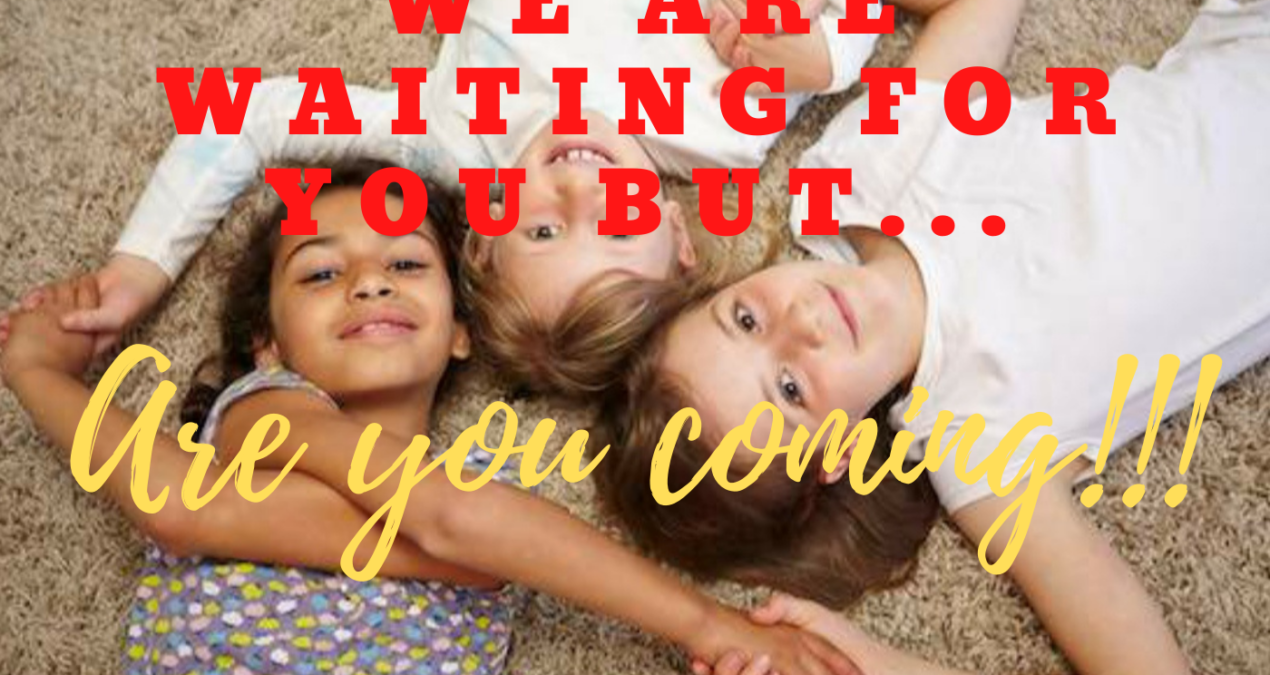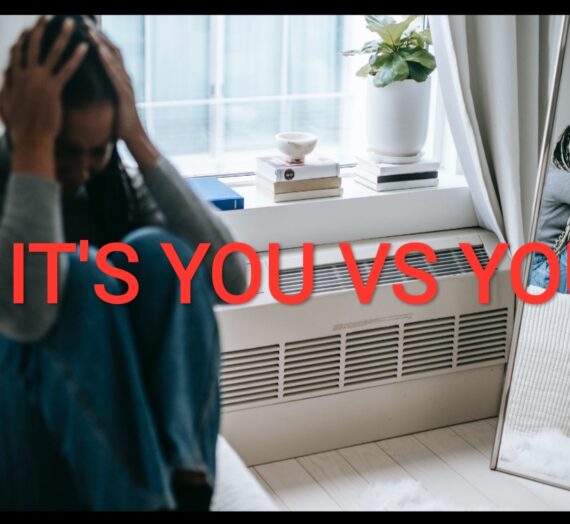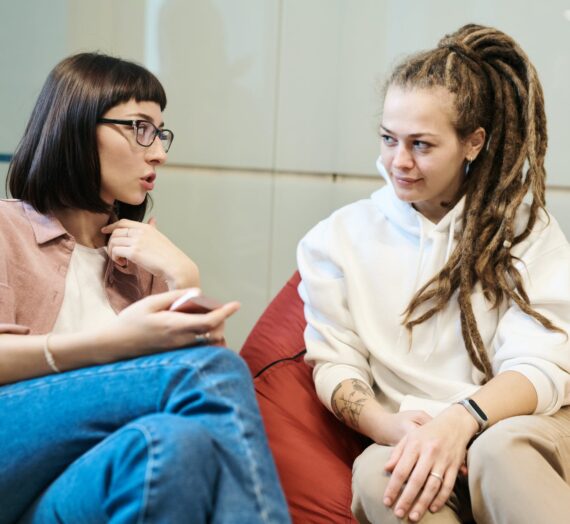Mainly Indian families are against adopting children, WHY?
In India, adoption was always considered acceptable, but only within the extended family. There was a common custom for ‘barren’ couples to adopt a child from their sibling or cousin, and raise it as their own. In the 1920, war and poverty led to increase in abandoned children and formal adoption became a pressing need.
The British introduced the Children’s Act as a way for the people to adopt children who were not related to them. The first Children’s Act was enacted in the Madras and Bombay Presidencies in 1920, giving the state the responsibility to look after destitute and neglected children.

But still, adoption did not catch on within Indian Families. #ApnaKhoon #maa_ki_kokh #baap_ka_khoon etc… In fact, till as late as the 1980’s, adoptions by foreign couples were more common than formal adoption by Indians.
But why don’t Indian families favor adoption? Having the same genes as your family is almost considered a necessity in Indian society. This biological bond is often seen as the basis of the parent-child relationship, which holds it together and gives it social legitimacy.
Indian popular culture reinforces this emphasis on the biological bond, giving a ‘blood bond’ (#khoon_ka_rishta ) or child born from the womb (#kokh_se_janma_bchcha ) a revered status. In fact, couples who are unable to conceive biologically even prefer to opt for reproductive methods over adoption.
One study showed that many infertile couples would prefer to remain childless rather than adopt a child from outside the family. And those who do end up adopting children from outside the family often hide the fact that their child is adopted, because of social stigma.
In addition to the belief that the child is ‘not really yours’ because they are not your biological child, the unknown background of the child also raises questions about the ‘purity’ of its family lineage.
Because so many children in India are abandoned because their parents cannot afford to take care of them, or because they are born of illicit relationships, there’s a pervasive belief that the casts or socio-economic background of the child could taint the family legacy.
Unfortunately, the attitude that treats the adopted child as ‘paraya’ (not your own) is not unique to Indian society. Many cultures think of the biological bond as essential to the parent-child relationship and look down upon adoption as ‘second best’ to having a natural-born child.
But today’s family models, like social parenthood, blended families and queer families redefine this parent-child relationship and identify what should be at the core of the bond, care, economic responsibility and emotional support.
So, instead of stigmatizing adoption as unconventional, maybe it’s finally time to not only embrace adoption, but also to redefine what lies at the center of the parent-child relationship.
However, you may choose to have a child, it’s not the blood relation that should be at the core, but the need to connect with, nurture and care for another.
WHAT THE ADOPTED CHILDREN THINK
We all love our families, and it’s pretty amazing feeling to be part of something so special but being adopted is not always straightforward and neither is adopting. So we decided to share some points, that kids as well as parents will relate and this will also help them to understand each other better.
Initially the steps include a healthy conversation, if you’re going to get to know each other one has to talk, simple right? Maybe not, all kids are worrying about or scared of and no different. Most adopted kids will have been through some difficult times in their lives. Even just changing families is traumatic, let alone the stuff we might have been seen before that happened it’s not the kind of thing you can just bring up over breakfast, it might take years until they feel ready to trust anyone with that stuff.
We’ve got our whole lives together, there’s no need to rush things until when it means a lot to know that someone is there and is ready to listen to anything. It doesn’t have to be the big stuff; no two people are the same. We all feel differently about how much or how little we want to share and when but one thing is for sure, there’s no right time to find out you’re adopted so it’s much better to find out as soon as possible. Don’t just suddenly be told one day up to blue and when we do start talking a bit more about things in our past or the family left behind it doesn’t hurt to have a little helping hand. A life story book or a memory box is a good way to put those jumbled memories in order. It help making sense them and to collect the moment want to keep as we continue our adoption journey together.
Next up is school. School is really tough for everyone. Homework, teachers, exams or the kids… It’s not for anyone to take in because of the things we’ve been through we often find it difficult to trust even the people closest to us. So making new friends may take time, now imagine feeling like that I’m being tucked into a room full of other kids, you barely know and being expected to somehow concentrate on school work as well no wonder solvers adopted kids might get labeled as disruptive or difficult you might even feel like we get bullied because we’re seen as different in the way we act or just because we are adopted. We think that adoptive parents should talk to their kids before they start school and help them understand what they might be feeling while they’re there and why
And lastly make sure our teachers don’t tell other, people will use adoption as a label. Not everyone understands adoption and this can really make things hard if people get the wrong impression. Let us tell our close friend about it when we’re ready, not when someone blares out in science. No one is perfect but people who’ve been through similar things way up, they’re gonna be moments when we’re definitely less than perfect to be days when everything’s just fine mass won’t fit and we act out that may mean shouting arguing runaway or just really needing to be alone and that’s even before we become teenagers.
Days when things reminders of the past can be especially hard even happy days like birthdays or the anniversary of being adopted can bring up feeling and memories have held inside for a long time. If we’re having a bad day, the best things you can do is just try and be calm and understand, try not to get too frustrated with us, take it as a compliment that we feel close enough to you to let our feelings show even if it’s not in the nicest way.
It sounds like a lot but the end of the day we just want to be part of all of our family just no end up. There’s some close that we can trust and rely on for love and support no matter what will really make a difference. We can start to heal the feeling from our past and look forward to the future together.
So there you go… quite easy, isn’t it… alright… maybe not. But with a bit of understanding and support from each other they can be the happy and amazing family we all want to be.
Thanks for reading till the end… Hopefully this article was helpful, more such topics are on the way to discuss and make real talk a real one. If you want to share some topics with us, do comment and we are here to make it done.









Jiya Singh
Keep it up!??
Prerna Mishra
?????